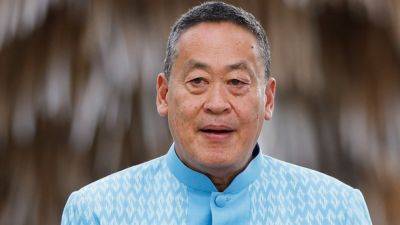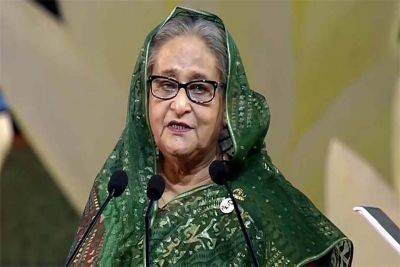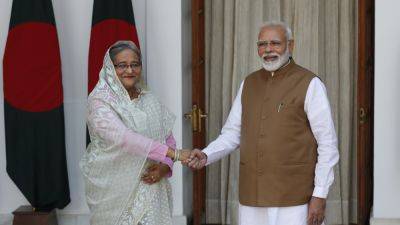India’s ‘big fat’ wedding norms disrupted – by the rise of no-frills marriages
They were wed under India’s Special Marriage Act, which allows couples of different faiths and castes to marry without the need for traditional rituals. As an observant Hindu, Sinha’s marriage to the Muslim Iqbal was made possible by this alternative path to the altar. Following their modest courthouse vows, the newlyweds hosted a reception in Mumbai attended by family and Bollywood A-listers.
India’s other major marriage laws – the Hindu Marriage Act, the Muslim Marriage Act, and the Christian Marriage Act – all require couples to observe religious customs to legally wed, even if they have an official marriage certificate. This was spotlighted in April when the Supreme Court ruled that a Hindu couple’s divorce was invalid because they had never actually married, having skipped the required rituals.
The Special Marriage Act streamlines the process, requiring only the presence of three witnesses and a sub-registrar to solemnise the union. Still, a series of procedural steps must be followed, including a public notification period to allow for potential objections.
Family law expert Rajesh Rai touts the practical benefits of the Special Marriage Act, which allows couples to tie the knot in a straightforward, cost-effective manner. “Court marriages effectively prevent social ills like child marriages and dowry, while ensuring legal security and authenticity,” said the New Delhi-based lawyer.
Perhaps most significantly, Rai said, these civil ceremonies bridge the traditional divides of religion and caste, allowing couples from diverse backgrounds to unite in matrimony. “As a result, court marriages are increasingly becoming the preferred choice for many Indians.”
“I had to have a court marriage because of Indian laws on







